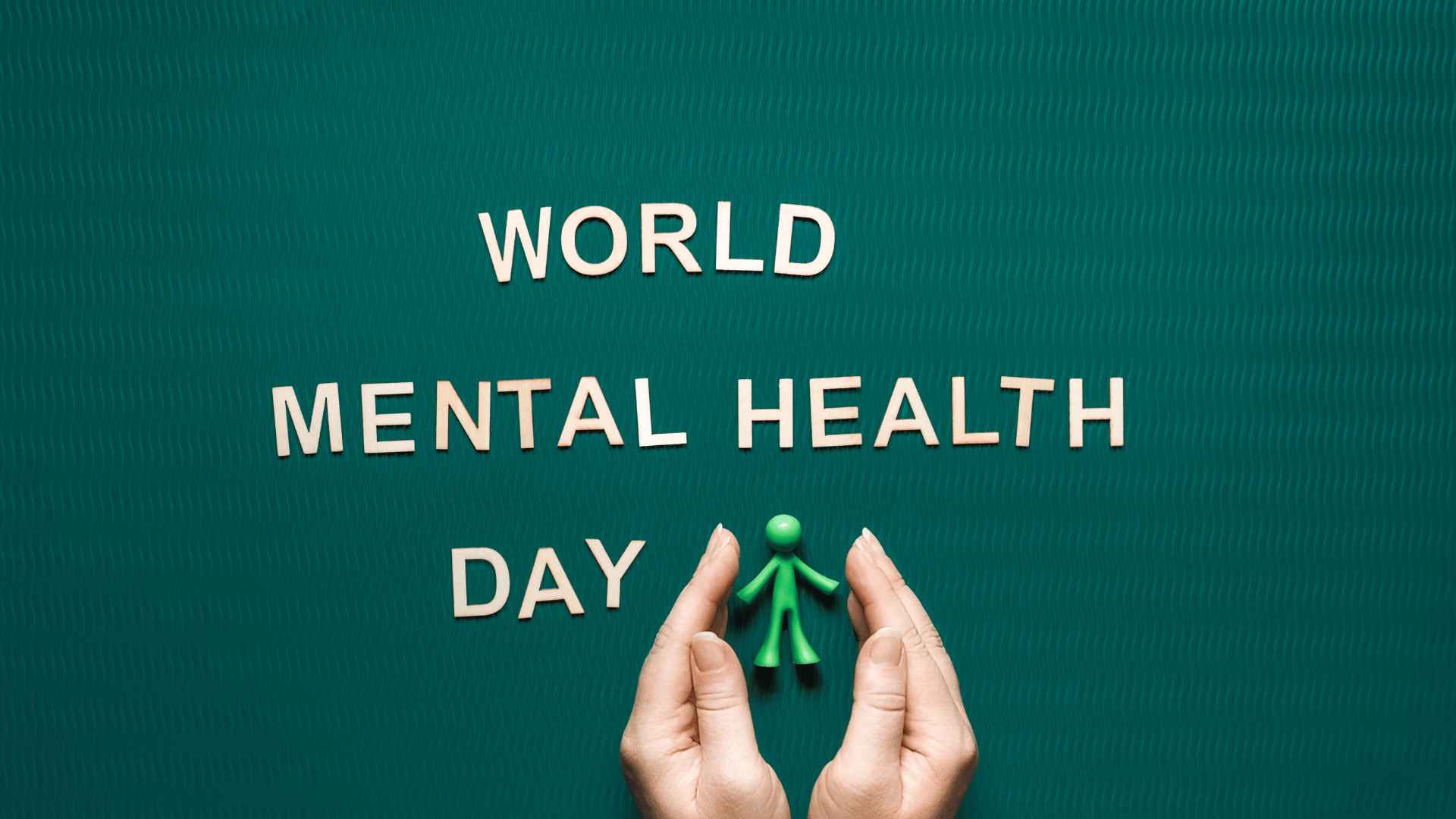You may have had a problem that affected your mental health in the last few years, whether it was a minor hiccup or a mountain to climb. When faced with a seemingly never-ending barrage of unpleasant news on top of life's obstacles, it can be tough to prioritize yourself while pursuing your goals.
Improving your mental health may be the most beneficial thing you can do to improve your overall quality of life. Unfortunately, a majority of people struggle with mental health issues, which affect their emotions, behaviors, and thoughts. According to a 2020 survey conducted by the Department of Health, around 3.6 million Filipinos were coping with mental illnesses at the time of the pandemic.
Since then, both public and private institutions in the Philippines have put in place a number of initiatives to assist with mental health support. One of which is the Mental Health Act of 2018, which declares that all Filipinos are entitled to mental health services. It also enacts legislation protecting "the full range of human rights" for those who are suffering from mental diseases.
What is World Mental Health Day?
The 10th of October is World Mental Health Day, a day to raise awareness of mental illness and break the stigma that sometimes surrounds it. It also aims to encourage individuals to seek assistance, no matter what they are going through.
This year's theme highlights that "mental health is a universal human right." Because of this, the Mental Health Foundation is committed to tackling discrimination in mental health and advancing excellent mental health for everyone, not just a select few.
You may commemorate and celebrate this day regardless of whether you personally struggle with mental health issues through different activities and advocacies.
What is mental health?
Emotional, psychological, and social well-being are all aspects of good mental health. It affects your actions, thoughts, and emotions. Decision-making, stress management, and interpersonal relationships are all influenced by your mental health.
Every stage of life—from childhood to adulthood—involves mental health. This is due to the fact that mental health issues can occur at any of these stages and can be brought on by a variety of causes. Biological factors, such as brain chemistry, traumatic life experiences, abuse, a family history of mental health conditions, and others,
Self-care is important if you have a mental illness since it can support your recovery and help you maintain your mental health. Serious mental health conditions can have an influence on your relationships, profession, education, and day-to-day life. Addressing your mental health issues as they occur can change or save your life.
Why is mental health important?
1. It promotes healthy relationships.
Your relationship with yourself, including how you treat and view yourself, has an impact on the kind of relationships you form and attract with other people.
The likelihood that you will meet someone who will treat you better is low if you have a negative opinion of yourself. This is due to the fact that poor self-worth and low self-esteem problems, which are frequently caused by mental health problems, can frequently be seen by others.
Mental health care might make you more aware of how significant you are to yourself and encourage improved self-care. Additionally, it will prevent you from accepting less than you deserve and help you establish boundaries for good relationships and avoid toxic people.
Usually, it takes assistance for those who are dealing with a mental health condition to realize this. Getting appropriate treatment and counseling can assist you in improving your mental health.
2. It improves your physical health.
Most people place more emphasis on their physical health than on their mental health. They are unaware that physical wellness is unintentionally impacted by mental health.
Scientists have found that mental health disorders frequently present as bodily symptoms because of the interesting relationship between physical and mental health. For instance, patients with poor mental health may frequently display physical symptoms such as exhaustion, a lack of energy, insomnia, and back and neck difficulties.
3. It helps you create a better quality of life.
Since worry and stress can affect anyone, learning how to manage them is crucial. Prolonged stress may cause fatigue, heart attacks, migraines, and even a mental breakdown.
Therefore, learning stress management techniques can decrease the likelihood of experiencing mental health problems and enhance physical well-being, both of which contribute to a longer, healthier life. In addition, it supports your ability to handle pressure and make wise choices.
People with mental health concerns have a variety of therapy choices at their disposal. These include counseling, meditation, therapy, and even something as basic as journaling. Regardless of the approach you take, don't forget to seek out expert assistance because they will provide the proper diagnosis and course of action.
How Does Self-Care Help Your Mental Well-Being?
Making the time to do things that increase your energy levels, lower your chance of getting sick, and help you manage stress in the direction of good mental health is referred to as practicing self-care.
The impact of modest daily self-care activities is significant, and here are some pointers to get you started:
- Regularly move about. Even 30 minutes a day of walking might make you feel better and healthier. If you are unable to exercise for 30 minutes at once, keep trying because even short bursts of activity add up.
- Eat healthy meals frequently and get lots of water. Improve your energy and focus throughout the day by eating a healthier diet and getting enough water. Attempt to limit your use of coffee and other caffeinated beverages.
- Prioritize getting enough sleep. Keep a schedule and make sure you're getting enough sleep. You'll sleep better if you limit the amount of blue light you are exposed to from your phone or computer before bed because blue light from devices and screens can make it hard to fall asleep.
- Take up a calming activity. Try relaxation or wellness apps or programs, which can include breathing techniques, meditation, or both. Set aside regular times for these and other enjoyable, healthy pursuits and hobbies.
- Establish priorities and objectives. Determine what must be done immediately and what can wait. Become more adept at saying "no" to new initiatives if you feel like you are taking on too much. Try to keep your mind on your successes rather than your limits at the end of the day.
- Be grateful and mindful. Every day, remind yourself of your blessings. At night, jot them down or play them again in your head.
- Think positively. Recognize your unfavorable and negative thoughts and combat them.
- Keep in touch. Contact your loved ones and friends so they can be there for you both emotionally and practically.
Since everyone has a different idea of what self-care is, it's important to figure out what you value and what you need. You might have to make a few mistakes before you figure out what works best for you.
Self-care can help you manage mental diseases, even though it cannot cure them. It can do this by assisting you in identifying what causes your moderate symptoms and the coping techniques that are most effective for you.
To sum it up, "celebrating" World Mental Health Day may appear odd. Nevertheless, the objective is truly about raising awareness and acknowledging the importance of mental health. Celebrate those who suffer and support them. Honor the processes and efforts that create a community that is conscious of mental health and fights for everyone's health and well-being.
For more information on Vista Residences, email [email protected], follow @VistaResidencesOfficial on Facebook, Twitter, Instagram, and YouTube, or call the Marketing Office at 0999 886 4262 / 0917 582 5167.

.png)








